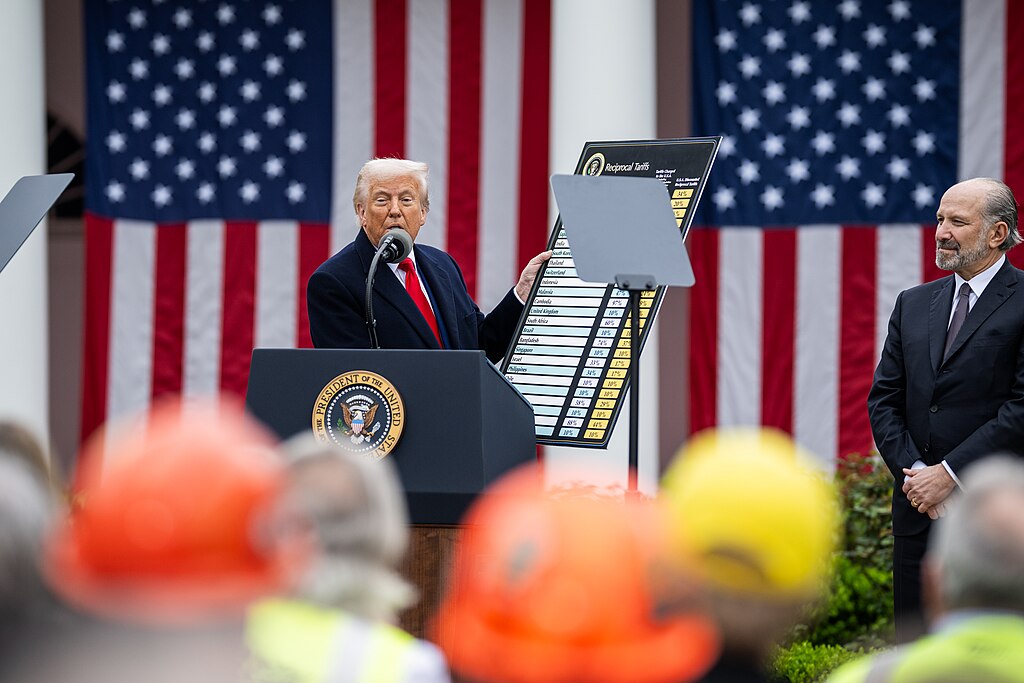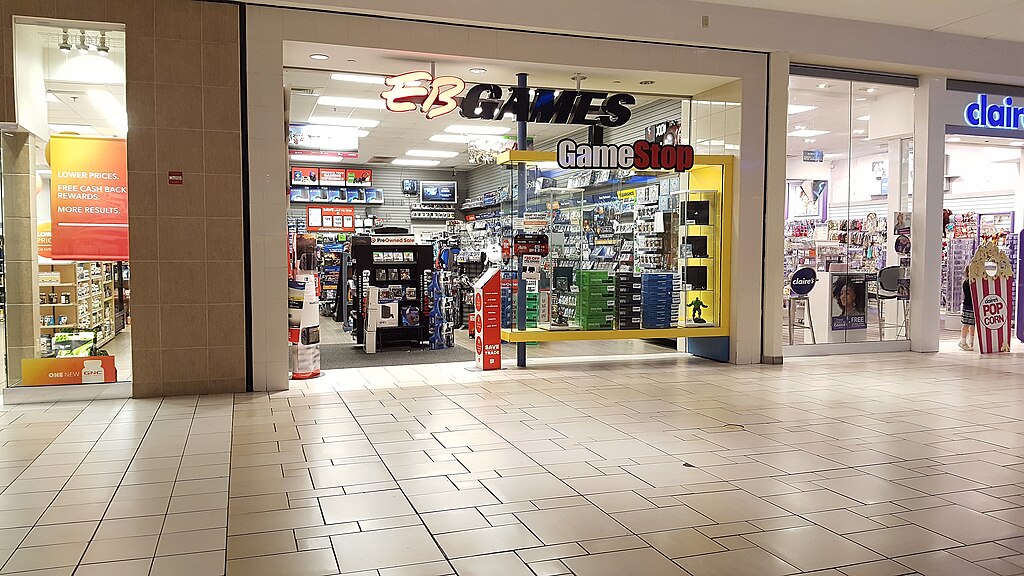Users who are based in the United States will be having trouble taking full advantage of the Abra app for a while because the firm is nervous about regulatory issues. As a result of the so-called “regulatory uncertainty and restrictions” in the country, the firm will be restricting some of its services.
The firm explained exactly what these new restrictions are all about in a blog post and provided some insights as to what led them to make such a decision. It likely will not surprise anyone that the recent political rhetoric, theatrics, and hearings have played a role in this development.
“As a result of continued regulatory uncertainty and restrictions in the United States, we have to make some adjustments to our US business in an effort to continue to be compliant and cooperative with US regulations as they currently exist,” the post reads.
The post then went into specifics with regards to what US users can expect to occur over the next few days. Abra said that it will be migrating "synthetic assets to a native hosted wallet solution,” adding that these refer to “anything other than Bitcoin (BTC), Ether (ETH), Litecoin (LTC) and Bitcoin Cash (BCH).”
As a result of this migration, US users will no longer be eligible to hold QTUM, BTG, EOS, OMG, SNT after August 29, 2019, via the app. In addition, New York residents will only be able to hold Bitcoin (BTC), Ether (ETH), Litecoin (LTC) and Bitcoin Cash (BCH) on Abra after August 29.
In light of such changes, users are now advised to take appropriate actions such as making withdrawals where necessary. For those who are unable to do so by the time the deadline rolls around, any assets by US clients that are still currently in the possession of the firm will be turned into bitcoin.
For users who are outside of the US, none of these changes will take place for them, CoinDesk reports. They will still be able to hold the crypto coins that they have right now. Only users in the US will really need to look through the list of changes and keep them in mind. On that note, there were no specifics with regards to visiting users who are temporarily staying in the US.


























Comment 17